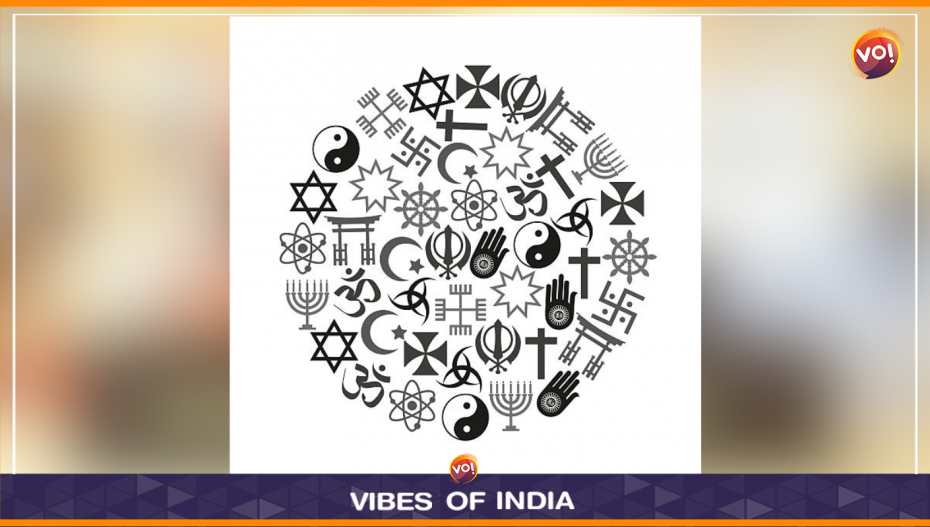Religious freedom is supposed to be one of India’s high post-independence ideals. Schools are expected to have a pivotal role in cultivating inter-religion respect and community harmony among students. Ironically, the very schools that ought to be the fountainhead of secular values are strained by strong religious prejudices.
And as a recent episode in Kutch suggests, parents too are culpable for promoting antagonistic behaviour.
Priti Vasvani, principal of Pearl School of Excellence in Kutch’s Mundra town, has been suspended, following outrage over a skit that was intended to send a message of brotherhood during Eid-al-Adha. According to a report, parents and right-wing organisations protested vehemently after a video of the skit showing a minority community wearing skull caps went viral.
Even though the school tendered an apology, the district development officer, SK Prajapati, suspended Vasvani, following a preliminary investigation by a special team formed by the district education officer. “We will consider further action after getting the detailed investigation report,” Prajapati was quoted as saying.
“We came to know from the video on social media that students of mixed faith, many of them Hindus, were asked to participate in the Eid celebration in this school. It’s an insult to the Hindu religion and condemnable,” said Sanjay Parmar, the district education officer.
It has emerged that many students who participated in the play belonged to the majority community. Their parents came down heavily on the school management after children wore skull caps and celebrated Eid.
The report mentioned that commotion ensued after 250 people, including right-wing activists and parents, gathered at the school before the police intervened to keep frayed tempers under control.
Vaswani later posted a video on the school’s Facebook page, expressing regret for organising the skit. “I assure you that no such activity, which may hurt the sentiments of parents, will be organised in future,” she said.
Over the years, many instances have been reported of religious intolerance creeping into classrooms. Invariably, it’s parents who have been making the functioning of schools increasingly hard with their religious preferences.
Only recently, a law website highlighted how growing religious intolerance has taken “a monstrous shape.” A case in point, it outlined, was the episode involving a government-run school in Uttar Pradesh’s Bareilly district. The school’s principal was suspended following outrage by parents and right-wing groups about a prayer song, Lab Pe Aati Hai Dua, sung by children.
It was alleged that the religious prayer was recited to convert the students. The poem song was composed by acclaimed writer Muhammad Iqbal who had also written the Saare Jahaan Se Accha song.
In a similar incident, the manager of Kanpur’s Florets International School was probed after students reportedly recited prayers from four major faiths. A parent had complained about the incident, besides demanding a refund of fees. According to other reports, many parents alleged that the school had been preparing pupils to convert to Islam.
The scenario isn’t much different in the East. Four years ago, a broadsheet in Kolkata reported how parents objected to students bringing meat as tiffin. Parents even went to the extent of making requests to change their children’s seats if they were placed next to students of a certain community.
With the seeds of religious bigotry sown at home itself, students carry unhealthy attitudes into higher grades. How students go to school with indoctrinated minds could be gauged by a book that explores the dilemma of growing up in a religious minority. It highlights the way barbs are hurled at students belonging to the minority community. According to the book, they deal with taunts like, “Do your parents make bombs?”
This strong religious bias prevalent among students was also evident in a study carried out 13 years ago by Wipro and Educational Initiatives, an Ahmedabad-based consultancy. Many students upheld the view that religious differences must be defended through violence if required.
That hate-based bullying is rampant in many Indian schools is not even news. A closer inquiry should take us to the root of this malice — that parents are contributing massively to creating unhealthy societies.
Also Read: Elon Musk Applies Limits on Reading Tweets; Twitter ‘Refuses’ to Pay Google Cloud Bills












